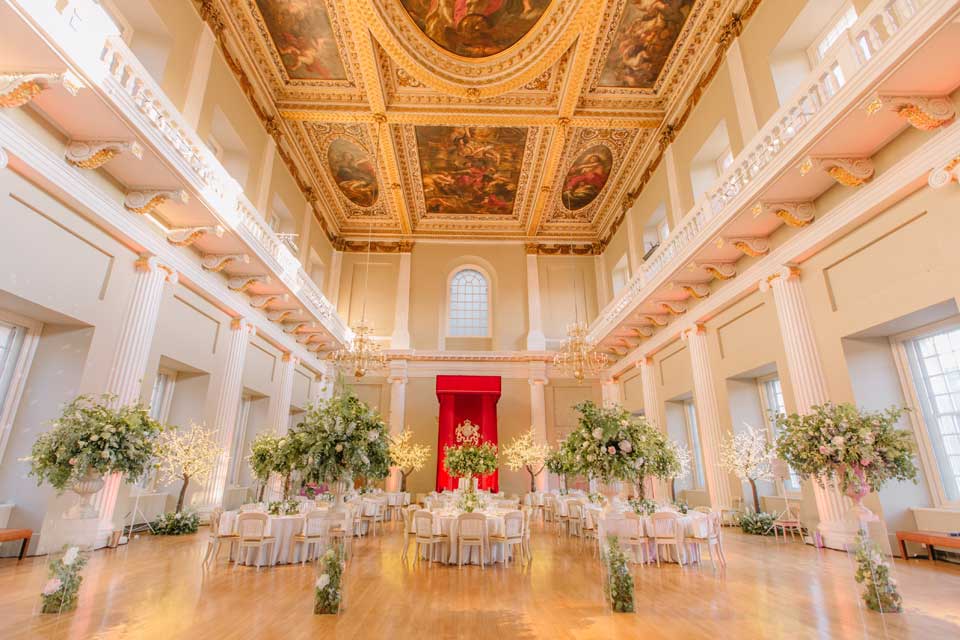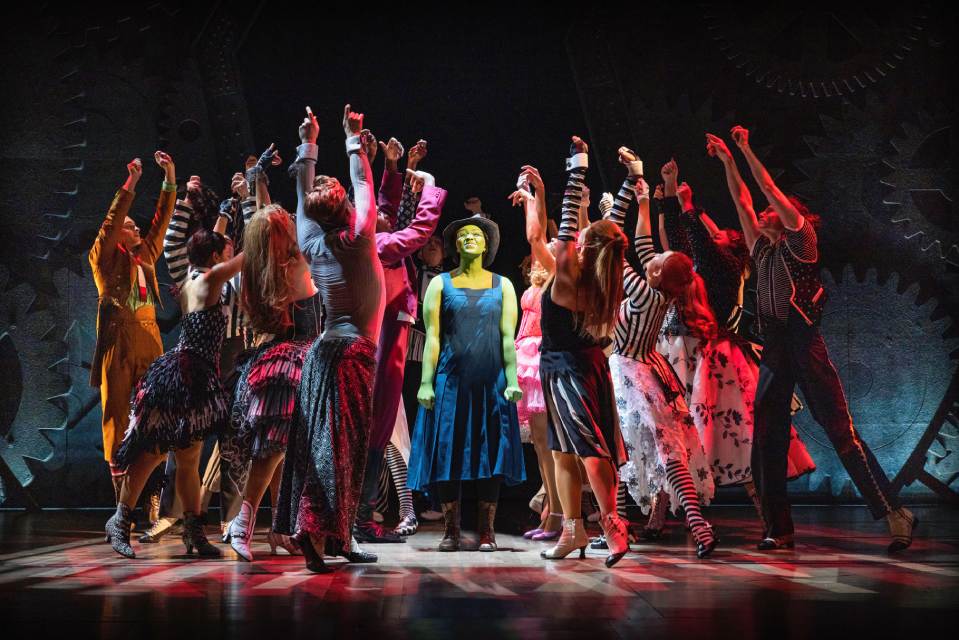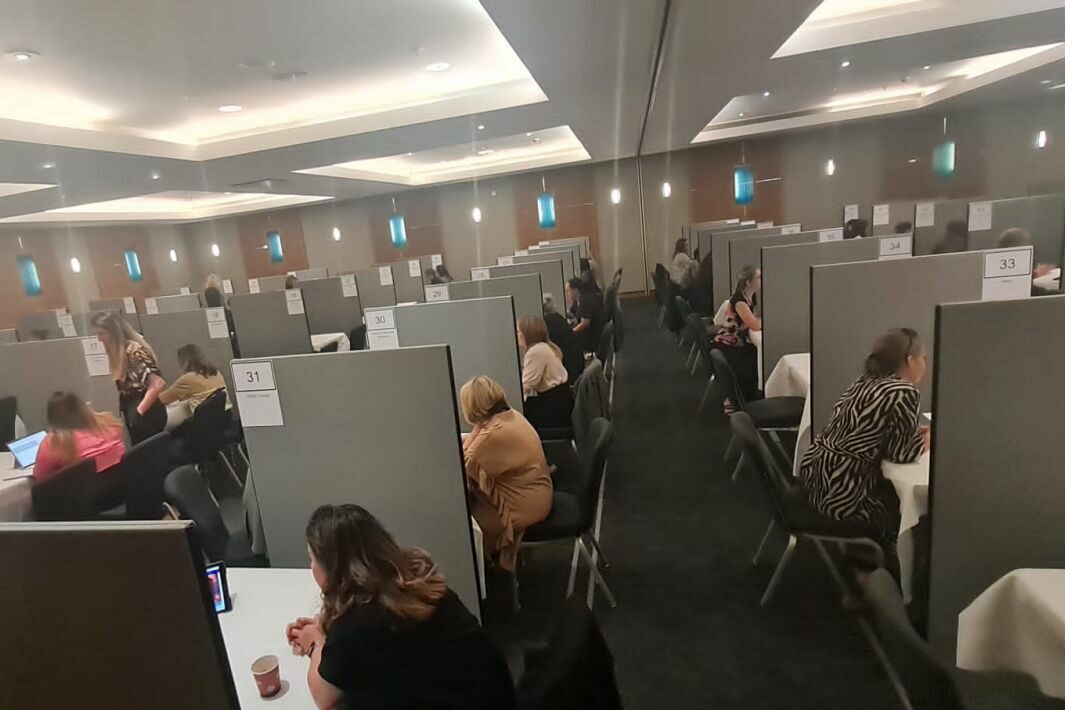Whether you are searching for a distinctive venue for a large-scale corporate event, or an intimate space for a directors’ board meeting, there are several elements to consider in order to ensure the event is a success.
Here Lisa Hatswell, managing director of Unique Venues of London, offers her top tips on things to think about when booking a heritage, landmark or cultural venue for an event…
Location, location, location
Accessibility is an essential consideration when selecting a venue. The idea of throwing a party in a countryside castle may set your heart aflutter, but if your CEO won’t be able to arrive in time after a big meeting in the city, it may not be the right venue for your event.
When looking for a venue, check to see if it’s near good transport links and the different options available. Additionally, if an event follows a pre-reception or conference at another venue, you will want to make sure the second location is within walking distance from the first.
Technically speaking…
Efficient and reliable technology is now an essential requirement for many corporate meetings and events. If you need video conferencing or a projector, check that your preferred venue provides these and also what new technology they might be able to offer you
Furthermore, a number of historic venues have specific set-ups and requirements which need to be considered if you’re planning on hosting an event with high production values. You may want to ask your venue manager to put you in touch with an on-site technician or recommend a production company from an approved supplier list to guide you through the options
The lay of the land
Should you need multiple rooms for your gathering, it’s advisable to check that your chosen venue has the correct layout. If you’d like a reception area for the start of your event and a dining hall for the latter part, various venues from the contemporary to the historic have adaptable spaces for any occasion.
It’s important to visit the location beforehand and think of yourself as the guest. Explore the different rooms within the venue, assess the view outside, and take yourself on a journey of the event itself to confirm that everything you need is available.
Food for thought
Food and drink are a large part of almost any event, and it’s essential to understand your audience before you book your catering requirements. Dietary needs should be flagged at the earliest possible stage.
Once you have decided on a theme and cuisine, speak with the venue you have in mind about accredited caterers. A number of venues work with companies that cater to special diets and can suggest food suitable for those with certain allergies or cultural requirements.
You will also want to consider the type of event when choosing a caterer. For instance, food without a strong aroma is likely the better choice for gatherings in small spaces, and carb-light meals may be more suitable for conferences and formal meetings during which delegates need to stay alert.
Adding value
When searching for the perfect venue, see what options can be provided for a standout experience. For example, if the venue is a historic palace, perhaps a resident expert can be provided to speak about the building’s heritage. On the other hand, a world-famous art gallery might suggest a curated tour of its collection.
Also ask about any special offers and event packages available that might include everything you need, such as room hire, WiFi, catering and more. For larger events, this can significantly cut costs.









